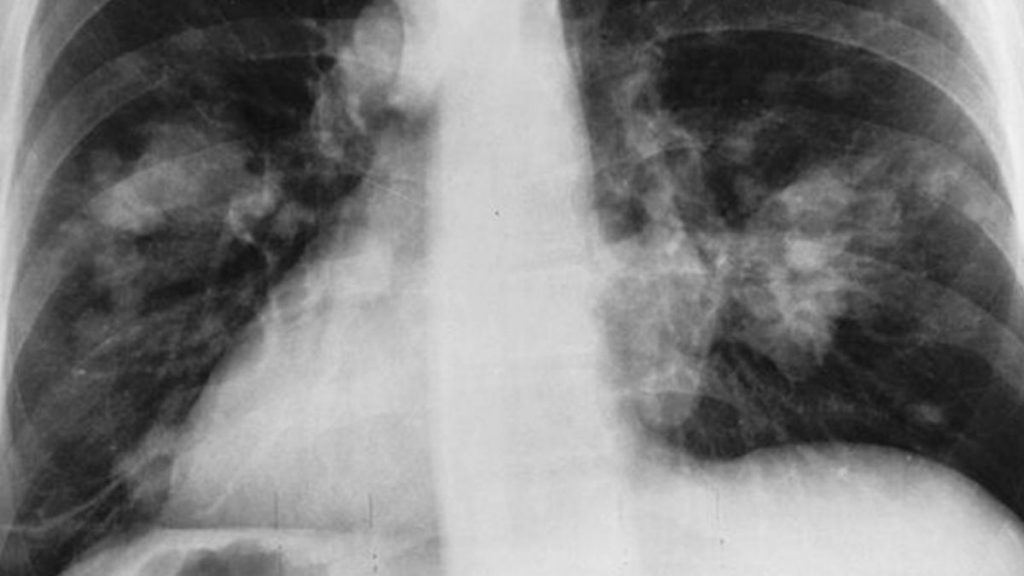The majority of cancers are attributable to many risk factors. When it comes to lung cancer, tobacco is the biggest risk factor. The harmful substances contained in cigarettes promote the appearance of DNA mutations. And the older the age, the greater the risk for a tobacco smoker of catching it. In fact, more than 50% of all new cases of lung cancer are diagnosed in people aged 60 or over. However, most heavy smokers do not contract this disease.
A study of DNA mutations
A study published in Nature Genetics reported that smoking causes a predictable increase in the number of cancer-causing mutations in lung cells, but only up to a point. Indeed, if the person consumes a pack of cigarettes a day, over time, DNA mutations stop increasing. Thus, lung cancer specialists have done studies to understand and confirm this theory. So they used several methods, but what they lacked was a way to measure the mutations in lung cells that actually cause lung cancer. Finally, 5 years ago, researchers at the Albert Einstein College of Medicine found the SCMDA technique.
The study involved only 33 participants, aged 11 to 86, half of whom were smokers and the other half non-smokers. The data showed that heavy smokers did not have the highest number of mutations. Apparently they were able to prevent the accumulation of additional mutations.

Fixing mutations could revolutionize medicine
This finding could provide insight into why some people get cancer and others don’t. At the same time, it invites scientists to deepen research on the effectiveness of DNA repair mechanisms. Indeed, currently, it is still complicated to estimate a person’s DNA repair capacity.
Thus, medicine is taking a big step forward because this discovery is a big step towards the prevention and early detection of the risk of lung cancer. Research by researchers at the Albert Einstein College of Medicine could thus ultimately save several lives.
[related_posts_by_tax taxonomies=”post_tag”]
The post Why don’t most smokers get lung cancer? appeared first on Gamingsym.

